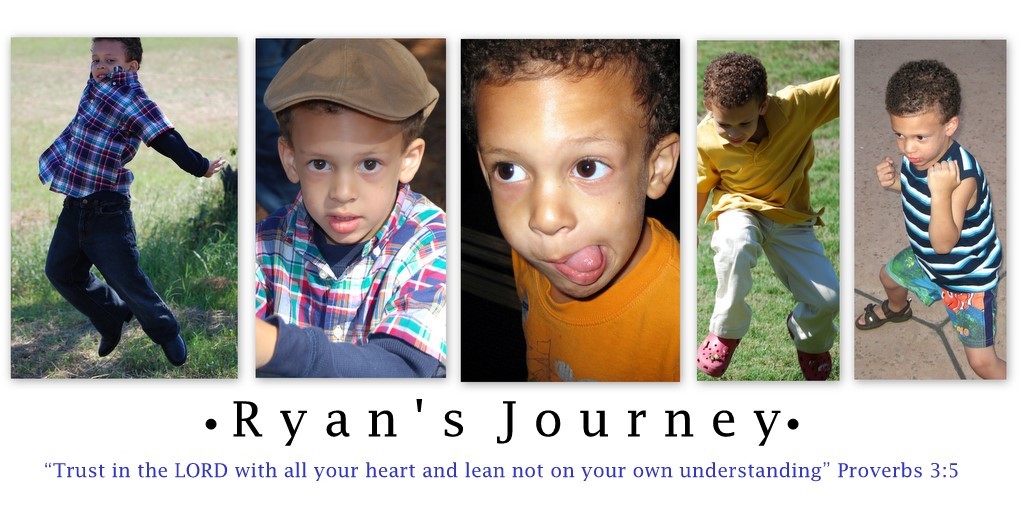Can Rhabdomyosarcoma Be Found Early?
Some cases of rhabdomyosarcoma are found at an early stage. More than 1 out of 3 of these cancers is diagnosed early enough so that all visible tumor can be completely removed by a surgeon. Still, many of these turn out to already have microscopic tumor spread (spread that cannot be seen, felt, or detected by imaging studies) that is not removed by surgery.
Fortunately, many rhabdomyosarcomas start in areas that are very obvious and easily detected. For example, small tumors that start in the muscles behind the eye often cause the eye to bulge out, while tumors in the nasal cavity often cause nasal congestion, nosebleeds, or a discharge of bloody mucus. When small lumps form near the surface of the body, parents will often see them or feel them.
Tumors starting around the testicles (paratesticular tumors) in young boys cause painless swelling that is often noticed early by a parent. Many rhabdomyosarcomas arise in the bladder or other parts of the genitourinary tract and may cause trouble emptying the bladder or lead to blood in the urine or in diapers. In girls with rhabdomyosarcoma of the vagina, the tumor may present as bleeding or as a mucus-like discharge from the vagina. There are many other causes of bleeding, of course, and most of them are not very serious, but this sign should never be ignored.
It may be harder to recognize tumors in the arms, legs, and trunks of older children because they often mimic the pain and swelling of sports or play injuries in active children. It is wise to have your child's doctor evaluate pain or lumps and bumps that grow quickly or fail to go away after a few weeks.
For now, there is no effective screening test for rhabdomyosarcoma -- that is, there is no simple test that can find rhabdomyosarcoma before it starts to cause symptoms.
Families known to carry inherited conditions that raise the risk of this cancer or that have several family members with cancer (particularly childhood cancers) should talk with their doctors about their possible need for increased monitoring for this disease. Real "cancer families" are very rare, but close attention to the early signs of cancer can save lives and prevent worry and suffering.
